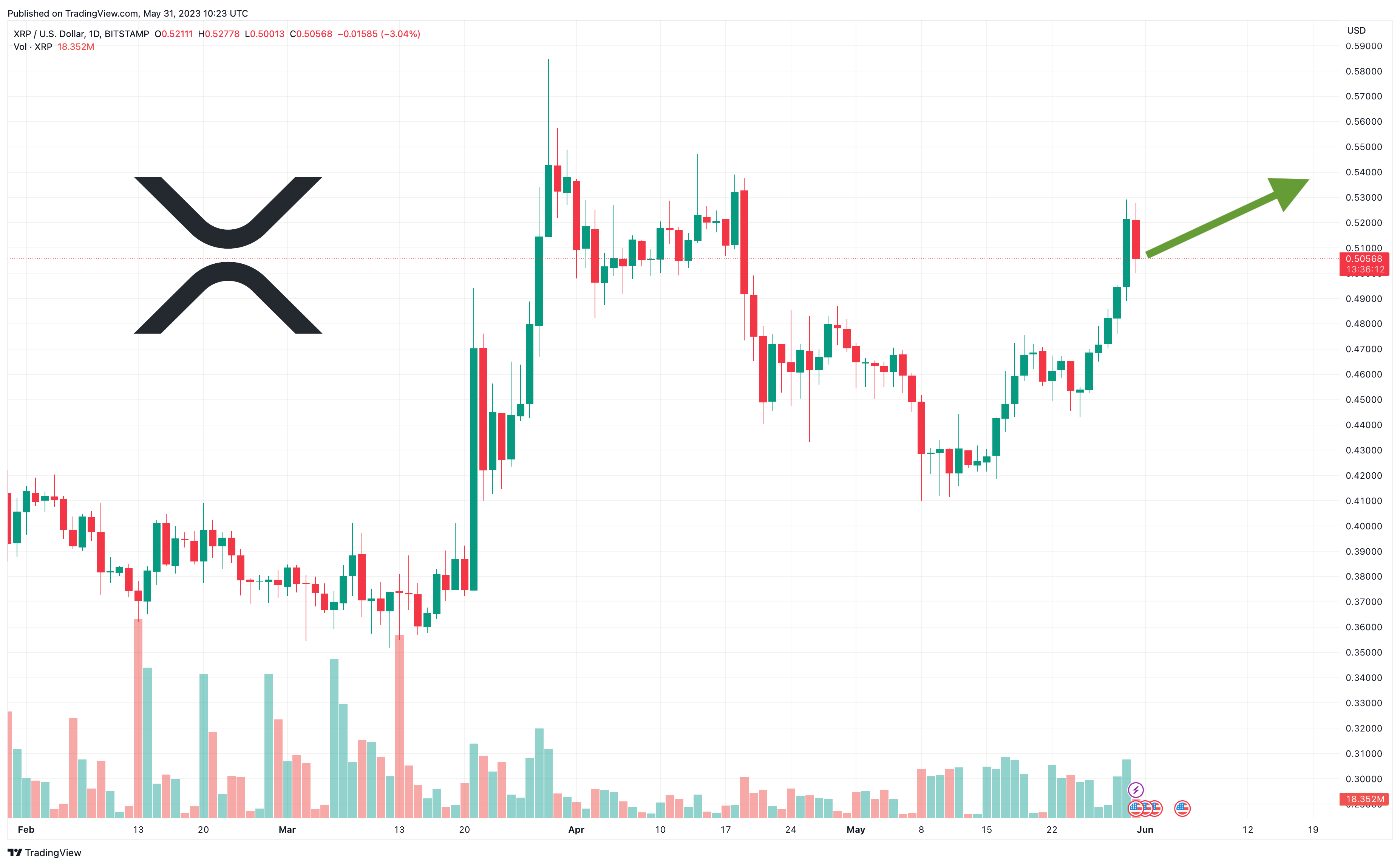FTC's Appeal: Will The Microsoft-Activision Deal Be Blocked?

Table of Contents
The FTC's Case Against the Merger
The FTC's core argument centers on the assertion that the Microsoft-Activision Blizzard merger would stifle competition and harm consumers. Their case rests heavily on several key concerns related to antitrust violations:
-
Call of Duty Exclusivity: The FTC argues that Microsoft could leverage its ownership of Activision Blizzard to make Call of Duty, a massively popular franchise, exclusive to its Xbox ecosystem. This would severely disadvantage competitors like Sony's PlayStation, potentially driving players towards Xbox and harming PlayStation's market share.
-
Gaming Market Dominance: The FTC contends that the merger would give Microsoft an unfair advantage, significantly increasing its market power within the gaming industry. They point to Microsoft’s history of acquiring game studios, like Bethesda and ZeniMax Media, and integrating their titles into the Xbox ecosystem as evidence of a pattern of behavior aimed at consolidating market share.
-
Reduced Choice and Higher Prices: By controlling key franchises like Call of Duty, the FTC argues that Microsoft could reduce consumer choice and potentially lead to higher prices for games and gaming subscriptions. The reduced competition, they argue, would ultimately harm consumers.
-
Market Definition: A crucial aspect of the FTC's case is their definition of the relevant market. They must convincingly argue that the market isn't just "all video games," but a more narrowly defined segment where Microsoft's influence would be significantly amplified post-merger. The court's acceptance of this market definition is vital for the FTC's success.
Microsoft's Defense and Counterarguments
Microsoft has vigorously defended the merger, arguing that it will benefit consumers and increase competition. Their counterarguments include:
-
Call of Duty Availability: Microsoft has repeatedly pledged to keep Call of Duty available on PlayStation and other platforms, even signing long-term contractual agreements to that effect. They argue that maintaining Call of Duty on multiple platforms demonstrates their commitment to preserving competition.
-
Increased Innovation: Microsoft highlights the potential benefits of the merger, claiming it will spur innovation, accelerate game development, and ultimately lead to a richer experience for gamers. The integration of Activision Blizzard's talent and resources could lead to breakthroughs in gaming technology.
-
Cloud Gaming Expansion: Microsoft points to the growing importance of cloud gaming, arguing that their acquisition will accelerate the expansion of cloud gaming services, benefiting gamers with greater accessibility and choice.
-
Competitive Landscape: Microsoft emphasizes that the gaming market remains highly competitive, with several major players vying for market share. They argue the merger wouldn't significantly alter this dynamic.
The Role of Call of Duty in the FTC's Argument
Call of Duty is undeniably the linchpin of the FTC's case. Its immense popularity and broad appeal make it a powerful symbol of the potential for anti-competitive behavior.
-
Franchise Exclusivity: The fear that Microsoft might make Call of Duty exclusive to Xbox is the most significant concern. Such a move could significantly damage PlayStation and other platforms, potentially altering the competitive balance of the gaming industry.
-
Market Share Impact: The potential loss of Call of Duty on other platforms could have a cascading effect on the market share of competitors. This could lead to fewer incentives for rival companies to produce comparable games.
-
Mitigation Strategies: While the FTC emphasizes the risk of exclusivity, Microsoft has offered various mitigation strategies to appease concerns. However, the FTC's skepticism towards these strategies remains a critical point of contention.
Potential Outcomes and Implications
The outcome of the FTC's appeal remains uncertain. Several potential outcomes and their implications include:
-
FTC Appeal Success: If the FTC's appeal succeeds, the deal could be blocked entirely, potentially setting a significant precedent for future tech mergers and acquisitions.
-
Deal Closure: A successful appeal would deal a blow to Microsoft's gaming ambitions and could lead to significant financial repercussions.
-
Regulatory Impact: The case will set an important precedent, influencing how regulators approach future mergers in the tech sector, particularly those involving large corporations acquiring companies in the gaming industry.
-
International Implications: The EU and other regulatory bodies are also closely watching this case. Their decisions could significantly influence the outcome and shape the global regulatory landscape for tech mergers.
Conclusion
The FTC's appeal against the Microsoft-Activision Blizzard merger is a pivotal moment for the gaming industry and antitrust law. The outcome will have far-reaching consequences for competition, innovation, and consumer choice. The central role of Call of Duty highlights the complexities of defining and regulating market power in the rapidly evolving digital landscape. The ongoing legal battle underscores the need for careful consideration of the potential anti-competitive effects of large-scale tech mergers. Stay informed about the ongoing developments in the FTC's appeal regarding the Microsoft-Activision deal. Understanding the implications of this landmark case is crucial for anyone interested in the future of the gaming industry and the dynamics of tech mergers and acquisitions. Keep following for updates on this crucial decision impacting the Microsoft-Activision merger.

Featured Posts
-
 Neal Pionk All The Latest Rumors And Highlights
May 01, 2025
Neal Pionk All The Latest Rumors And Highlights
May 01, 2025 -
 Cay Fest Documentary Splice Exploring Island Culture
May 01, 2025
Cay Fest Documentary Splice Exploring Island Culture
May 01, 2025 -
 Kensington Palace Shares Thoughtful Photo Of Prince William
May 01, 2025
Kensington Palace Shares Thoughtful Photo Of Prince William
May 01, 2025 -
 Xrp Future Post Sec Lawsuit Price Prediction And Analysis
May 01, 2025
Xrp Future Post Sec Lawsuit Price Prediction And Analysis
May 01, 2025 -
 Johnstons Speedy Goal Propels Stars To Victory Against Avalanche In Game 4
May 01, 2025
Johnstons Speedy Goal Propels Stars To Victory Against Avalanche In Game 4
May 01, 2025
